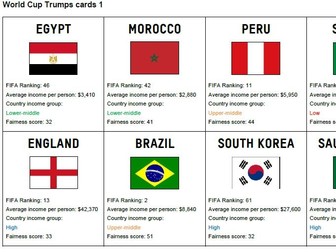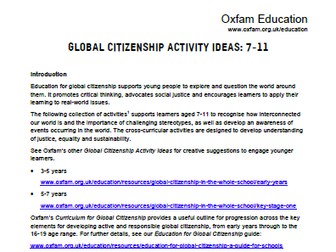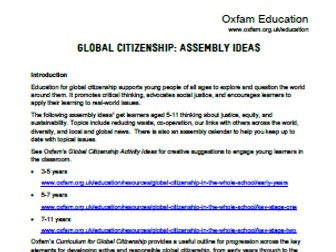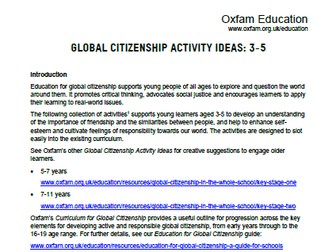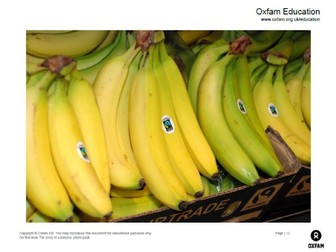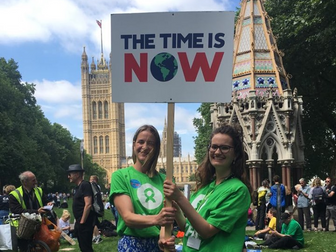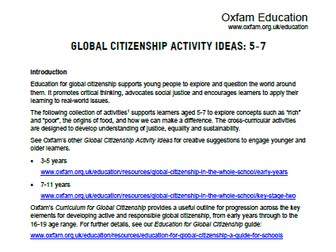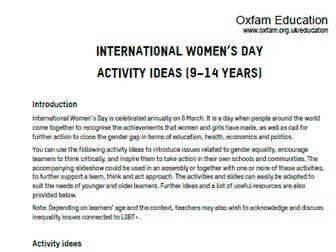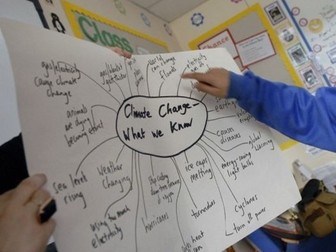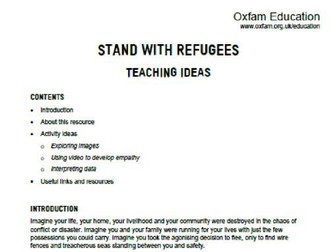The World Cup: A Fair Game? - Updated for 2018
<p>In June 2018, the FIFA World Cup takes place in Russia, with the whole world watching. But are all the 32 countries playing against each other in the World Cup equal? In reality, there are big differences between countries in terms of incomes and life chances, as well as among people within the same country. Is this fair? This is not just a question for the World Cup, but also for life more generally.</p>
<p>Fully updated for 2018, this cross-curricular resource for 9-14 year olds uses the World Cup to develop critical thinking around issues of fairness and equality. Investigate geographical similarities and differences, play World Cup Trumps and compare a range of statistics, explore gender inequality through the lens of football, and consider how fairness relates to rules in general.</p>
<p>Use real-life statistics and the World Cup to engage learners and enable them to see the practical relevance of maths, English, geography, and PE in the world around them.</p>
<p>For the complete set of World Cup resources see: <a href="http://www.oxfam.org.uk/education/resources/the-world-cup-a-fair-game" target="_blank" rel="nofollow">www.oxfam.org.uk/education/resources/the-world-cup-a-fair-game</a></p>
<p>You can also test your World Cup knowledge with this fun online quiz:<br />
<a href="http://www.oxfam.org.uk/education/resources/the-world-cup-a-fair-game/quiz" target="_blank" rel="nofollow">www.oxfam.org.uk/education/resources/the-world-cup-a-fair-game/quiz</a></p>
